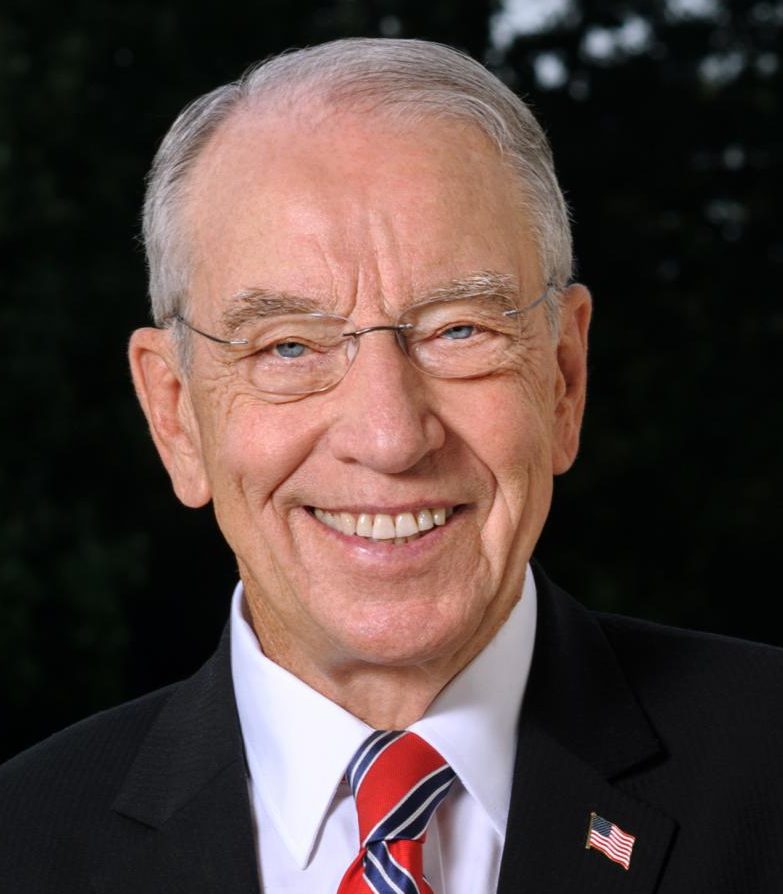Q: What should Iowans keep in mind during Medicare open enrollment?
A: The coronavirus pandemic makes it more important than ever for Iowans to take care of their health and take charge of their health insurance decisions. Open enrollment for Medicare ends on Dec. 7. The federal agency that administers the public health insurance program advises seniors to become fully informed about Medicare coverage options and compare health and prescription drug plans for the upcoming year. Costs and coverage may change from one year to the next. For example, the Centers for Medicare & Medicaid Services (CMS) reminds enrollees that new prescription drug plans now offer many types of insulin for no more than $35/month. Iowans may compare coverage options by using the online tool Medicare Plan Finder. Or, contact a customer service representative 24/7 at (800)MEDICARE or (800) 633-4227 to compare plans to best fit your needs.
Throughout my years of policy work on health care issues, Iowans consistently say they want to keep their medical care sacrosanct between patient and doctor. I’ve worked hard to protect competition and choice in our health insurance system and to ensure rural America isn’t left behind. Family budgets and patient care needs differ from one household to the next. In recent years, I’ve heard feedback from Iowans about the soaring out-of-pocket costs for prescription medicine. As chairman of the Senate Finance Committee, I led a two-year bipartisan effort in the 116th Congress to cut prescription drug costs for Americans, including my ongoing investigation into insulin pricing. President Trump got the ball rolling early in his administration, laying out a blue print to put American patients first and reduce out-of-pocket costs for patients. Americans spend more per capita on prescription drugs than anywhere else in the world. My series of congressional hearings examined how the complex pricing regime between Big Pharma and pharmacy benefit managers contributes to higher prices Americans pay at the pharmacy counter. Convoluted price schemes and rebates aren’t lowering costs for consumers. Looking ahead, I’ll continue pushing to get my bipartisan Prescription Drug Pricing Reduction Act across the finish line. In the next Congress starting in January, I’ll be the top Republican on the Senate Judiciary Committee. It’s safe to say I’m chomping at the bit to rein in bad actors in the pharmaceutical industry. Iowans may recall my oversight work investigating the pricing shenanigans for EpiPens, the allergic reaction auto-injection devices, and the blockbuster Hepatitis C drugs, Sovaldi and Harvoni. Iowans can count on my work in this area to continue full-speed ahead.
Q: What health care priorities are you working to enact before the end of the year?
A: Congress is negotiating a fifth pandemic-relief package to follow more than $3 trillion lawmakers already approved earlier this year. Specifically, I’m working to extend policy priorities in the health care space. As Senate Finance Committee Chairman, I’m working to provide help for rural hospitals and our frontline health care professionals as they work to save lives and serve their communities in this unprecedented public health crisis and beyond. Specifically, I’m working to extend a financial lifeline for our rural health care providers. Years ago I secured a physician payment boost to help achieve financial equity for services provided to rural patients despite what Medicare perceives as wage disparities across different regions of the country. Our front line health care workers need additional resources now more than ever. I’m also working to add funding for State Health Insurance Assistance Programs (SHIP) that help lower-income Iowans with one-on-one counseling and assistance, including help in selecting coverage during the Medicare open enrollment period, and to extend federal dollars that help Medicaid patients transition from long-term care facilities to home settings. It’s also important that we delay scheduled reductions in Medicaid disproportionate share hospital payments to help ensure these providers stay open to serve patients in their community during the pandemic.
















